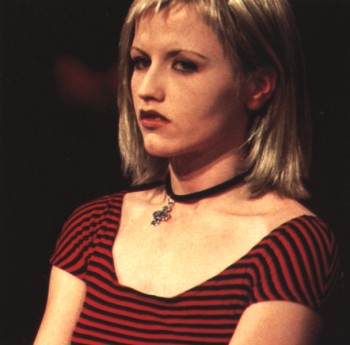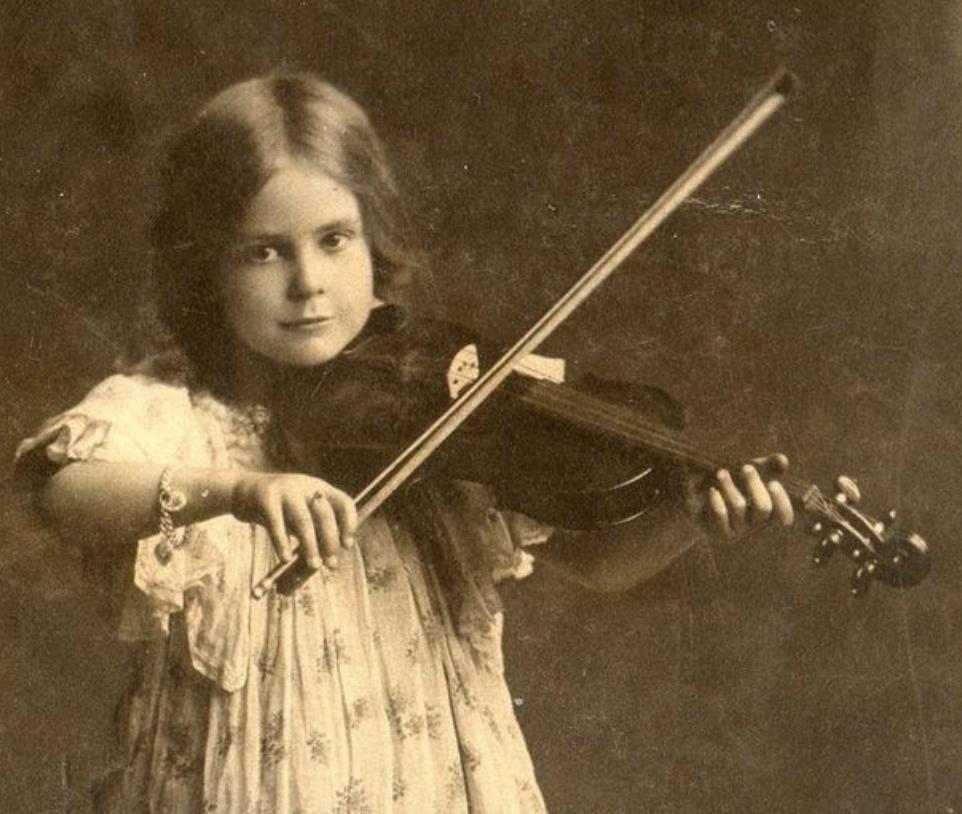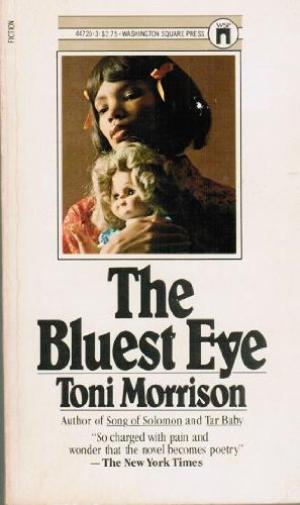 When I woke this morning, all I wanted to hear was the sweet sadness of Dolores O’Riordan, whom I listened to every day during the sweetest saddest period of my young womanhood and who died yesterday, only days before my 47th birthday, which really is the death knoll for any young womanhood no matter how well your people age (and mine age pretty well, dammit). When I listened most to Dolores and her Cranberries I was living with a man who took care of me but did not love me and whom I did not love. We had been performing a twentysomething fascimile of an old married couple and, really, it had been draining both of our life forces. We were just scared of everything else, especially of who we really were. Him: gladly, glamorously superficial. Me: a witch, not meant for anything but what I could conjure from the ashes of purple violets and patriarchy. Continue Reading →
When I woke this morning, all I wanted to hear was the sweet sadness of Dolores O’Riordan, whom I listened to every day during the sweetest saddest period of my young womanhood and who died yesterday, only days before my 47th birthday, which really is the death knoll for any young womanhood no matter how well your people age (and mine age pretty well, dammit). When I listened most to Dolores and her Cranberries I was living with a man who took care of me but did not love me and whom I did not love. We had been performing a twentysomething fascimile of an old married couple and, really, it had been draining both of our life forces. We were just scared of everything else, especially of who we really were. Him: gladly, glamorously superficial. Me: a witch, not meant for anything but what I could conjure from the ashes of purple violets and patriarchy. Continue Reading →
Archive | Music Matters
Past Perfect ‘Seasons’
 Once when I was 12, I saved up my babysitting money and bought a ticket to hear Vivaldi’s “The Four Seasons” performed on George’s Island, a waterfront historical park located right off the coast of Boston.
Once when I was 12, I saved up my babysitting money and bought a ticket to hear Vivaldi’s “The Four Seasons” performed on George’s Island, a waterfront historical park located right off the coast of Boston.
I’d always been in love with that group of concerti, and my love had been as private as it had been absolute. My father was a resolute R&B worshipper and my mother bopped along to whatever he put on the turntable, slipping on Broadway musicals like “Gigi” when he wasn’t around. But I’d been a violinist since I was six; the Suzuki Method was huge in that era and both my factory-worker grandfathers had played ardently if unprofessionally. Playing classical instruments isn’t so common anymore but back then ordinary people of all classes and backgrounds did it all the time. I’ve been thinking about this, about how we used to make our own art and culture, didn’t just consume it like fast food.
By the time I realized I preferred the richer registers of the viola, my parents had already bought a grownup-sized violin–I was a tall kid–and my compromise was to practice just enough to justify their purchase. I played second violin in orchestra, and used my sight-reading skills more joyfully in chamber choir, where I sang first tenor. The result was a passion for the rigors of classical music that I rarely revealed at home or in my working-class neighborhood. Even now I rarely discuss this prediliction, though, left to my own devices, I listen to those busybody Baroque composers nearly as often as I listen to Aretha. Bach, Vivaldi, Dvořák; Telemann, too. Continue Reading →
Beautiful Resistance: Why Protest Art Matters
 Recently I was at a dinner party of my peers, which is to say: Not Young People. (Thus far, most Generation Xers refuse to refer to themselves as middle-aged, though we surely are.) The subject came around, as it inevitably does these days, to the Trump administration and the turmoil wracking our country and world (besides France). ““I feel like there’s no protest music being made anymore,” said one friend. “Dude,” said another. “I feel like there’s no protest art being made anymore, period.”
Recently I was at a dinner party of my peers, which is to say: Not Young People. (Thus far, most Generation Xers refuse to refer to themselves as middle-aged, though we surely are.) The subject came around, as it inevitably does these days, to the Trump administration and the turmoil wracking our country and world (besides France). ““I feel like there’s no protest music being made anymore,” said one friend. “Dude,” said another. “I feel like there’s no protest art being made anymore, period.”
On the way home, I realized how much I disagreed with that statement. One of the fundamental roles of art always has been to shed light on the human condition–to increase our empathy for each other. Even art that ostensibly focuses only on beauty–Monet’s lilies, for example, or ee cummings’s lowercase homages–is also about love and mortality, which brings us back to the human condition. And the concept of “beauty” has always been subjective and intensely fraught; read Toni Morrison’s The Bluest Eye if you need a refresher on that concept.
But let’s not be fatuous. Not all art is equally charged. Karen Finley’s performance art is a provocative tool of second-wave feminism while “Guardians of the Galaxy Volume 2″ hardly challenges the status quo in any significant way. To even compare the two seems ridiculous, which begs the question: Isn’t there a place for fluff-o-tainment that allows us to turn our brains off sometimes? Isn’t there room in our cultural arena for, say, the “Real Housewives” television franchise and “The Wire,” David Simon’s potent examination of Baltimore power structures? For James Ellroy’s pulpy noir and Paul Beatty’s sharply observed fiction? For the works of kitsch masters Walter (and Margaret!) Keane and activist-artist Kerry James Marshall? Continue Reading →
